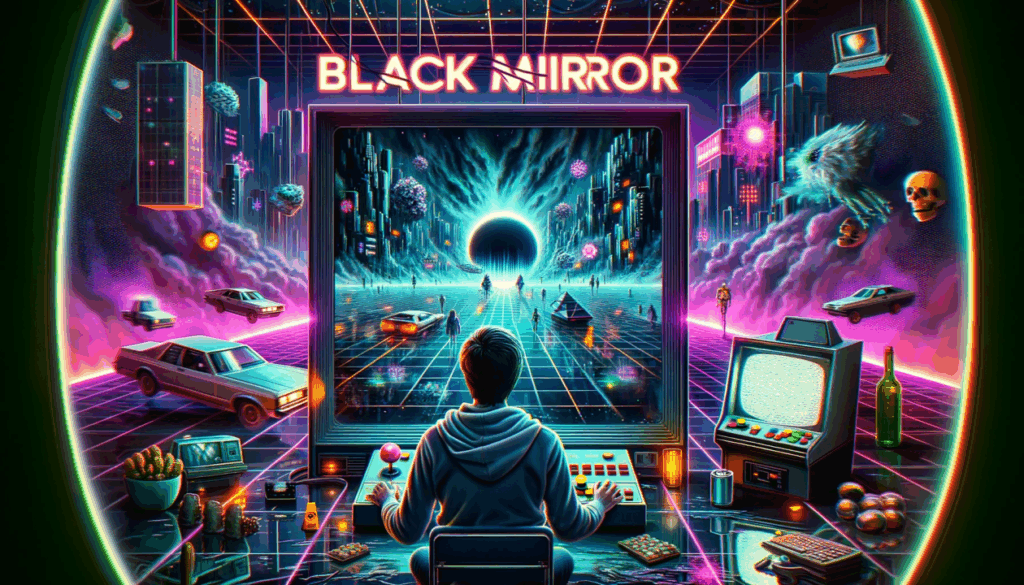In the age of digital games for video games are more than just entertainment. They’re social platforms that allow people to create communities, make friends, and even create careers. The online world gives players an opportunity to express themselves, yet also conceal themselves behind avatars and identities. This poses a crucial issue: are we more authentic on the internet, or do these virtual identities allow us to hide behind disguises that conceal the real us? To answer this question, we need to take an in-depth look at how identity, behavior, and communication differ between real and virtual interactions.
Online Identity: Freedom Or Facade?
The most interesting aspect of playing online games is its ability to create an identity online. People often pick usernames, avatars, as well as playstyles that are either their real selves or idealized versions of the person they want to be. To some people, it can be an opportunity to discover their identities without the limitations of the actual world. Some employ it as a way to shield themselves, which separates them from their persona offline. The freedom of digital identities permits experimentation; however, there are ethical issues about the authenticity of and accountability for multiplayer interactions.
In games that incorporate social elements such as “League of Legends,” players often encounter situations in which their behavior in games reveals characteristics they would be reluctant to display in the real world. Based on recent CS2-related events, developers are experimenting with new ways to promote positive behavior and decrease toxicity, which highlights the intricate connection between accountability and anonymity. These new design initiatives seek to alter the social norms and create more positive online spaces that allow individuals to express themselves.
The Paradox Of Anonymity

Anonymity is a way to reveal and hide. In the gaming world this reversal becomes more noticeable. When gamers know that they’re not being assessed based on the appearance of their body, age or their background, they typically have more freedom to express their thoughts and feelings. This could lead to more genuine conversations and the creation of trust in a variety of surprising ways. Many gamers report feeling more secure in their vulnerability or sharing their personal information when playing online as opposed to traditional social settings.
But anonymity may encourage negative behaviour. The use of trolling, harassment, and abusive words is all too common when playing online competitive games. With no real-world consequences, a few gamers feel empowered to behave in ways that they wouldn’t in traditional environments. This implies that online communities reflect the worst and best of human behavior. Communities and developers must strike the right balance between protecting freedom of expression while also implementing methods to stop misuse.
In addition, anonymity could affect the way that players process their experiences. Positive interactions can be very validating, whereas negative interactions can be more emotionally charged because of the perceived security of the environment. This underscores the emotional complexity of online gaming environments as well as the responsibility that is shared by moderators, moderators, developers, and players to promote a sense of respect, empathy, and understanding.
Social Dynamics In Multiplayer Games
The multiplayer component of games adds to this problem. The players don’t only interact with the game; They form teams and establish alliances, and often develop friendships over time. These interactions often require collaboration, empathy, and communication–skills that can be challenging to fake. In a lot of cases, games teach important life skills and foster more social connections.
Certain researchers believe that playing games can create an authentic social connection, in particular when players collaborate in a common cause. The shared experience of winning and losing creates bonds, which encourage the integrity of players and a sense of emotional investment. However, it is possible for competitive pressure to cause deceit or strategic manipulation, especially when games have scoring systems or rewards based on loot. The fluid nature of these interactions makes online games an ideal context for studying group psychology as well as the development of digital identities.
Performance against. authenticity
Online games have a distinct distinction between authenticity and performance. Players can play roles to be successful in their chosen game–a tank, a healer, or a leader. However, these roles may go beyond the gameplay mechanics. Some players design their brand according to what they believe will be the most efficient or appealing to others in the world of games. The social aspect of their performance affects how players perceive themselves as well as how they are seen by others.
Although this kind of performative element could be a way of self-expression but it can also turn into a mask for social interaction. As time passes, players could be unable to tell if they are expressing themselves authentically or simply maintaining a game persona. The conflict between who we really are and who we appear as being is a major concept in the psychology of online interactions. Understanding this tension is essential to understanding the behavior of players and helping to build healthier digital communities.
Gaming As A Mirror Of Society

The way that players behave online frequently mirrors the larger social interactions. Similar to real life, gamers navigate intricate relationships of respect, authority, and repute. The distinction lies in the layers of illusion and anonymity that games provide. These differences can alter and enhance norms in society and provide a fresh perspective on trends in the world of culture and values.
Gaming is not necessarily better than or worse than; it enhances the character of the participants. For those who are gamers, the gaming experience provides a safe place to practice authenticity. However, for others, it’s an opportunity for experimentation or even deceit. As games are increasingly incorporated into our daily lives and society, understanding the nuances of gaming becomes crucial for players, developers as well and researchers. The insights gained from gaming could be used to inform discussions about ethics in online media identities, identity politics, and digital health.
Conclusion
Gaming online is a multi-faceted place where masks of social and real identities are a part of the same. Some players might make use of their avatars as a cover to conduct themselves in ways they would never do offline, while others feel empowered by expressing aspects of themselves they’d rather not. How honest we are online will depend on the situation of the game, the player as well as the dynamics of the community inside the games.
As gaming continues to develop as a social and cultural phenomenon, it’s an intriguing lens to examine questions of authenticity, identity, and human interaction. Instead of offering straightforward answers to these questions, it provides a deeper understanding of our interactions with others, both offline and online. This is why the gaming community is both a refuge as well as a battlefield for the constantly shifting boundary between who we actually can be and what we claim to be.

